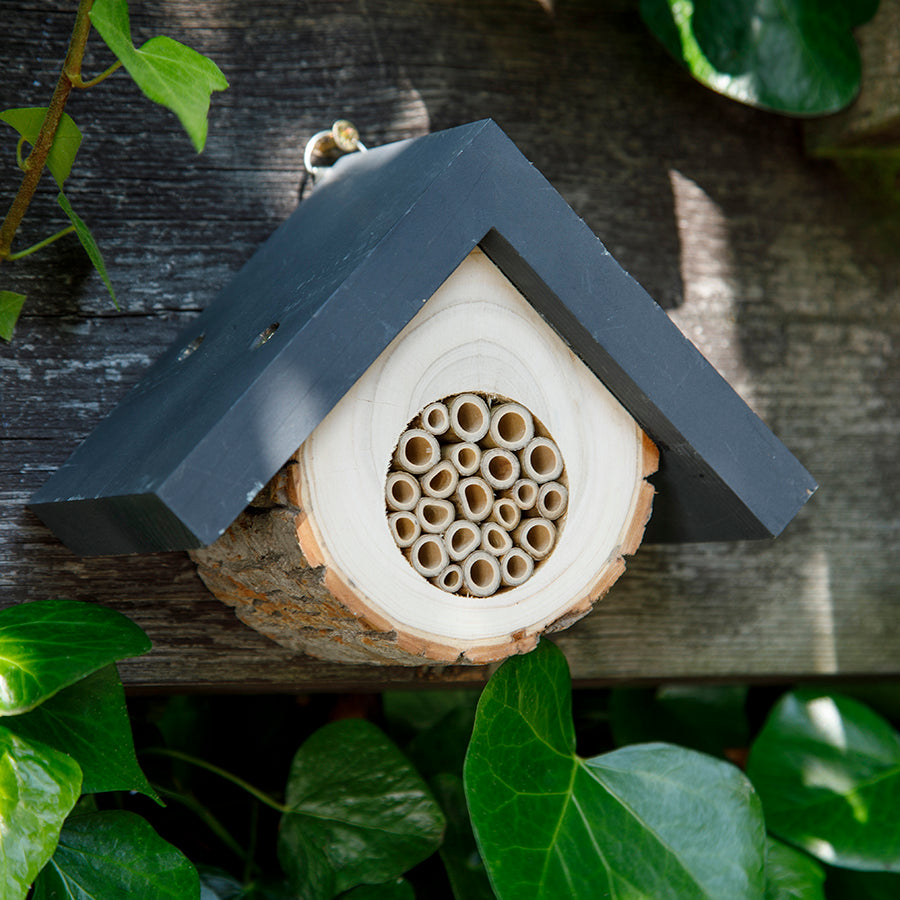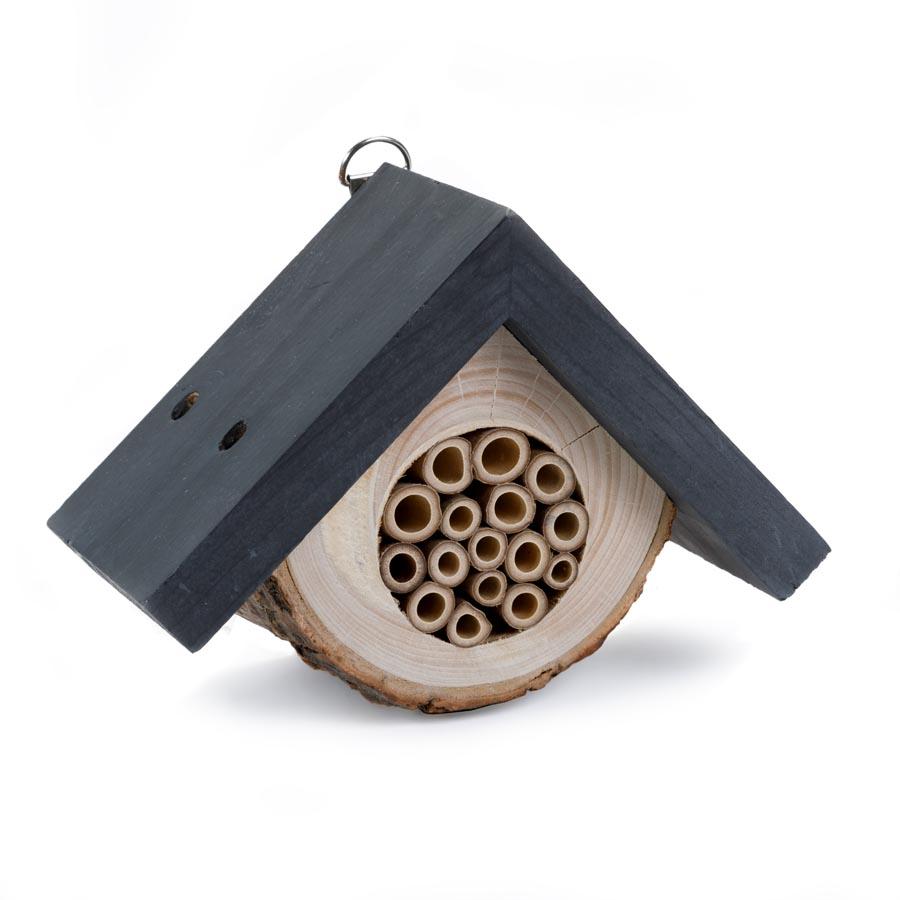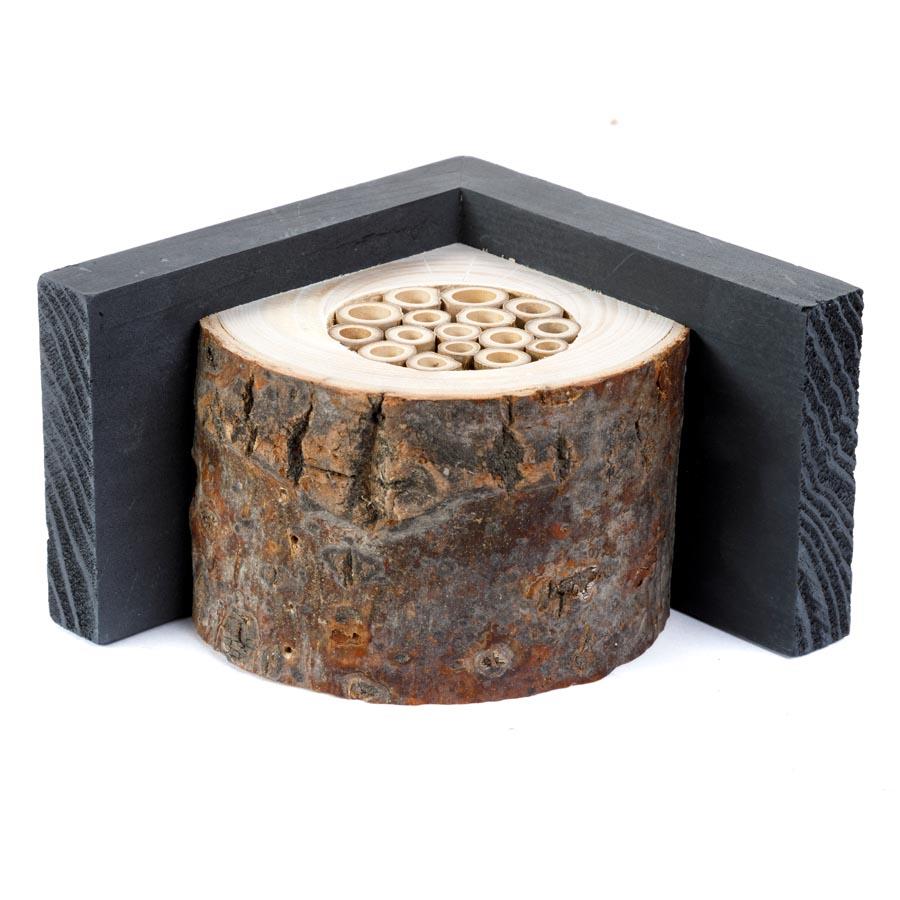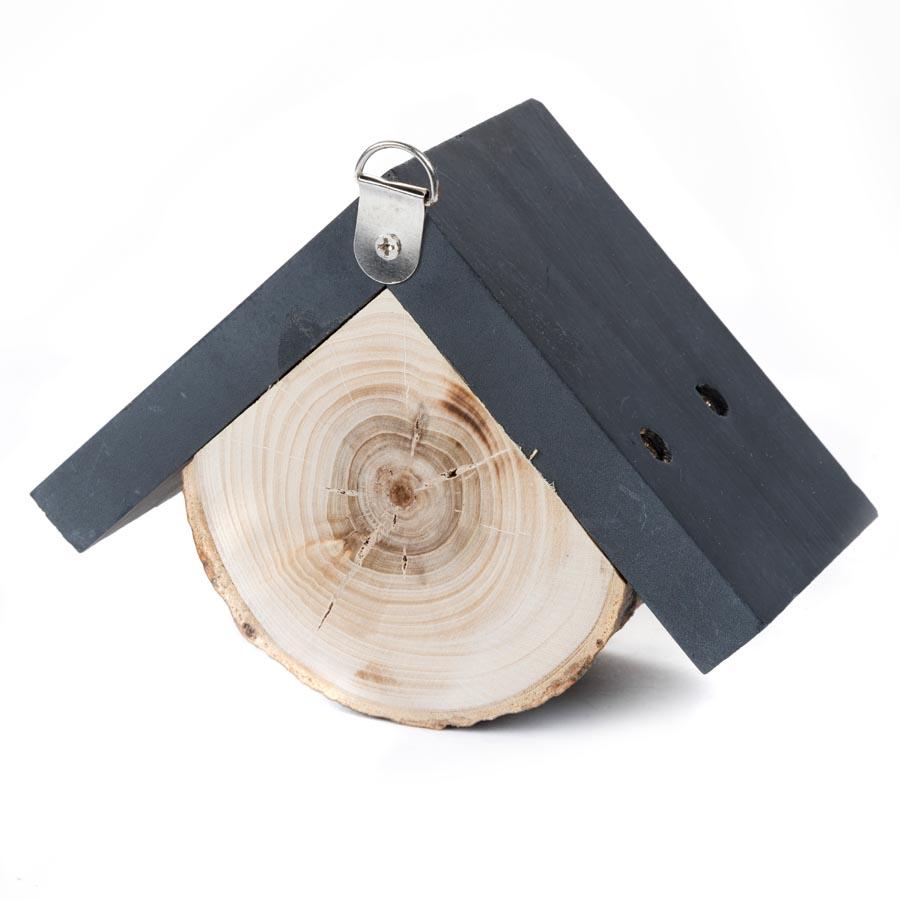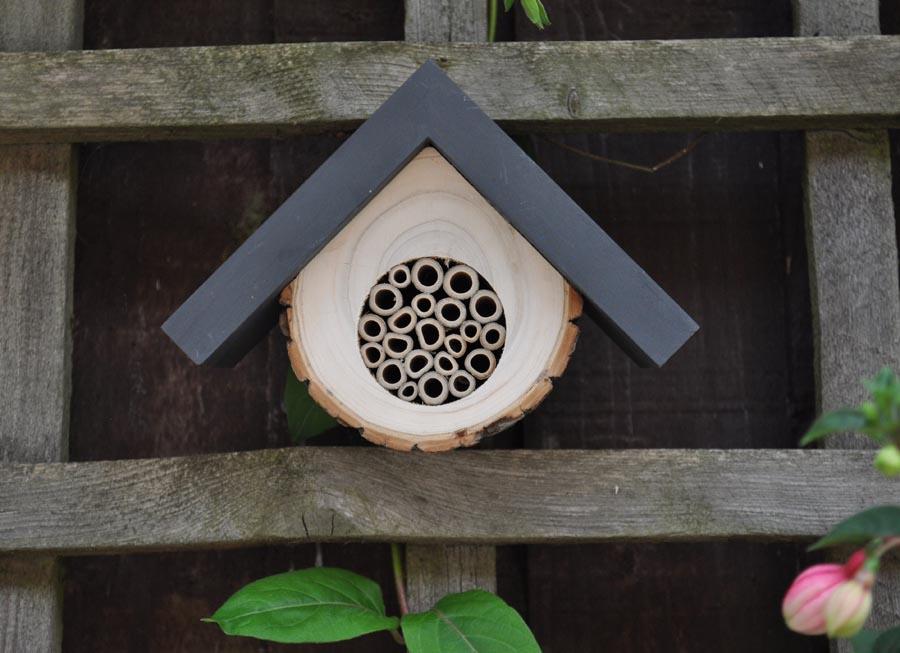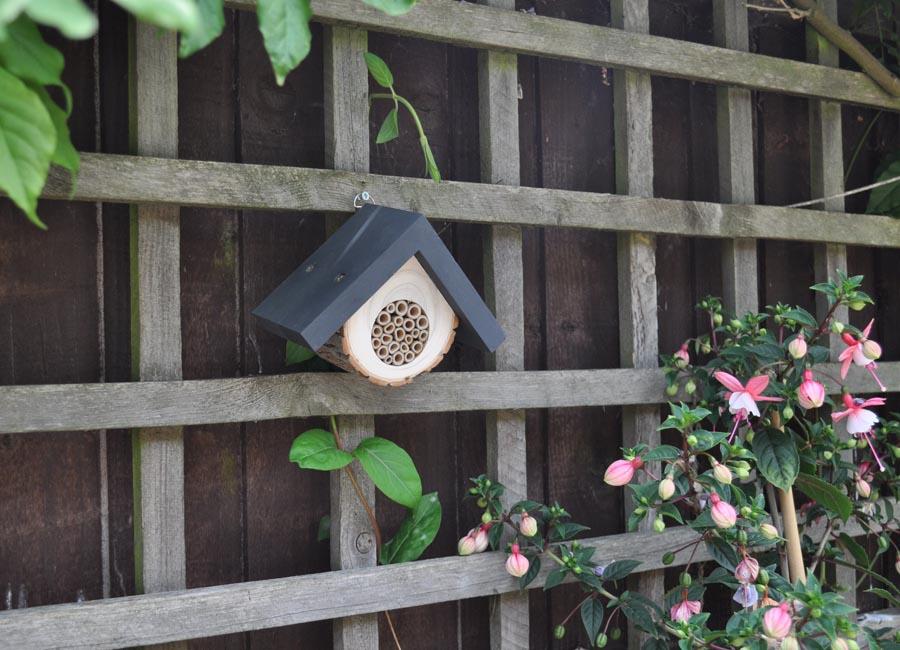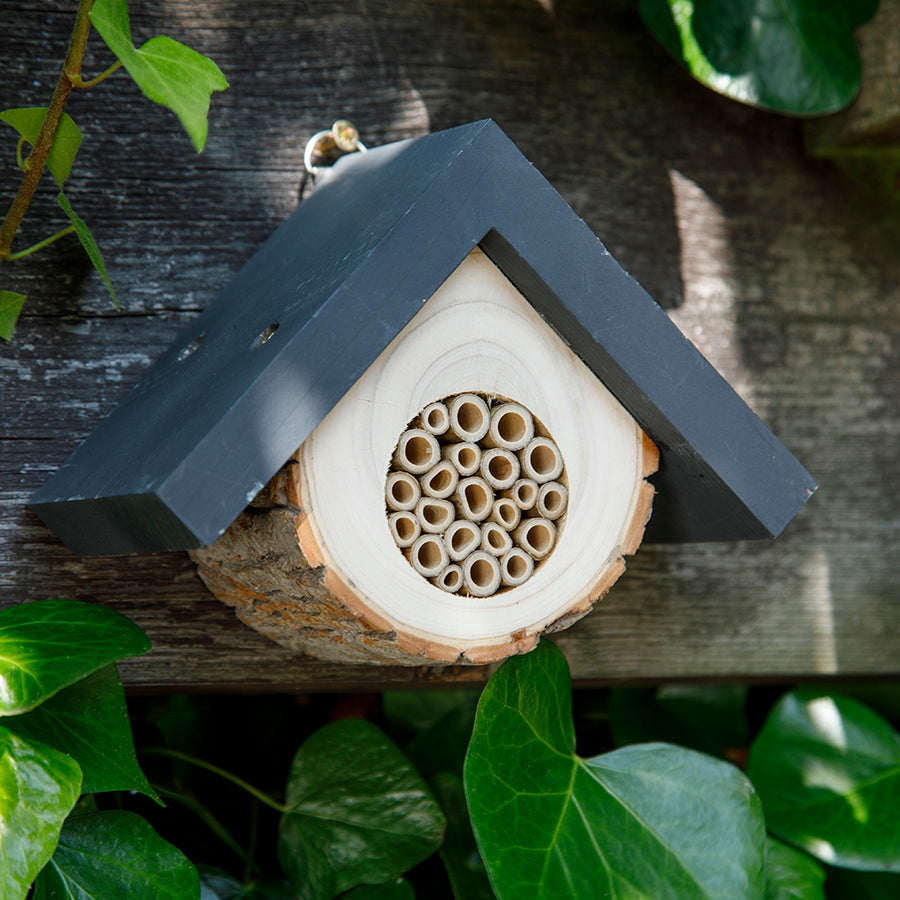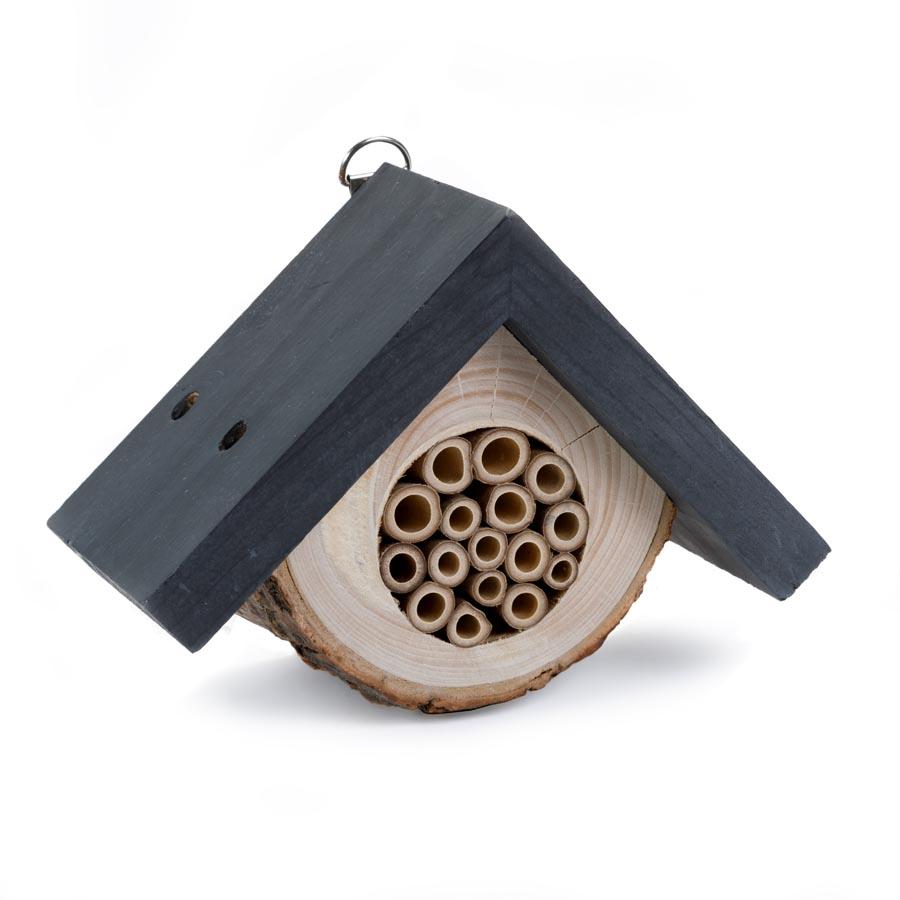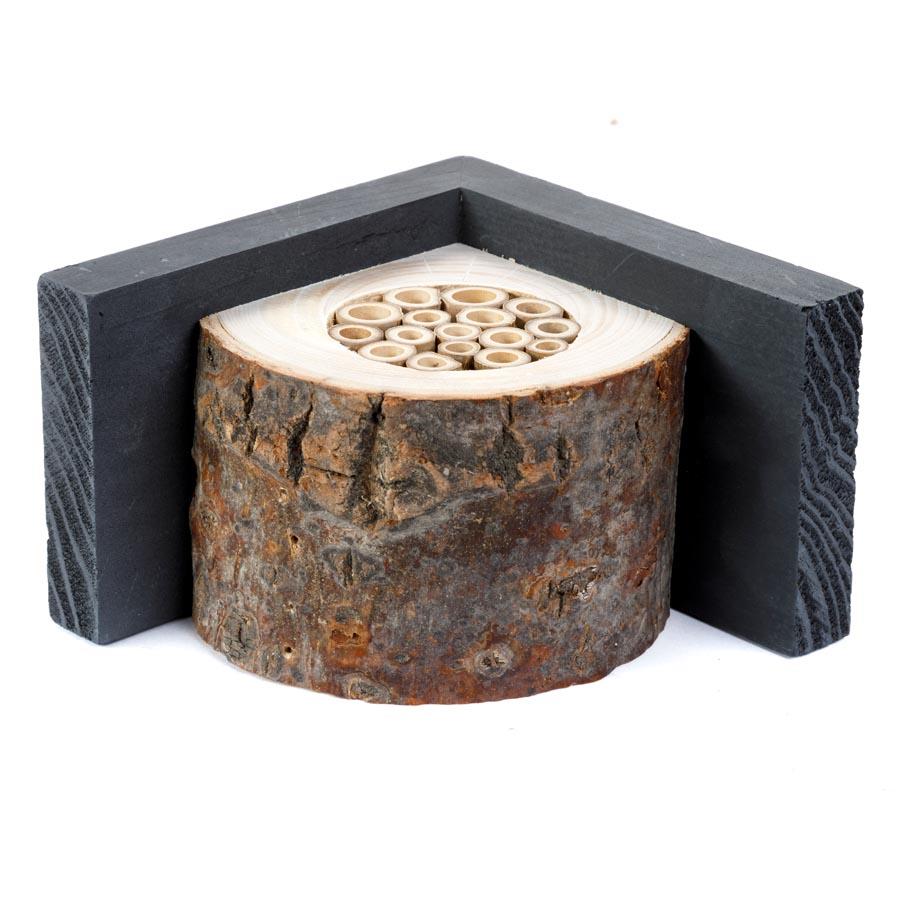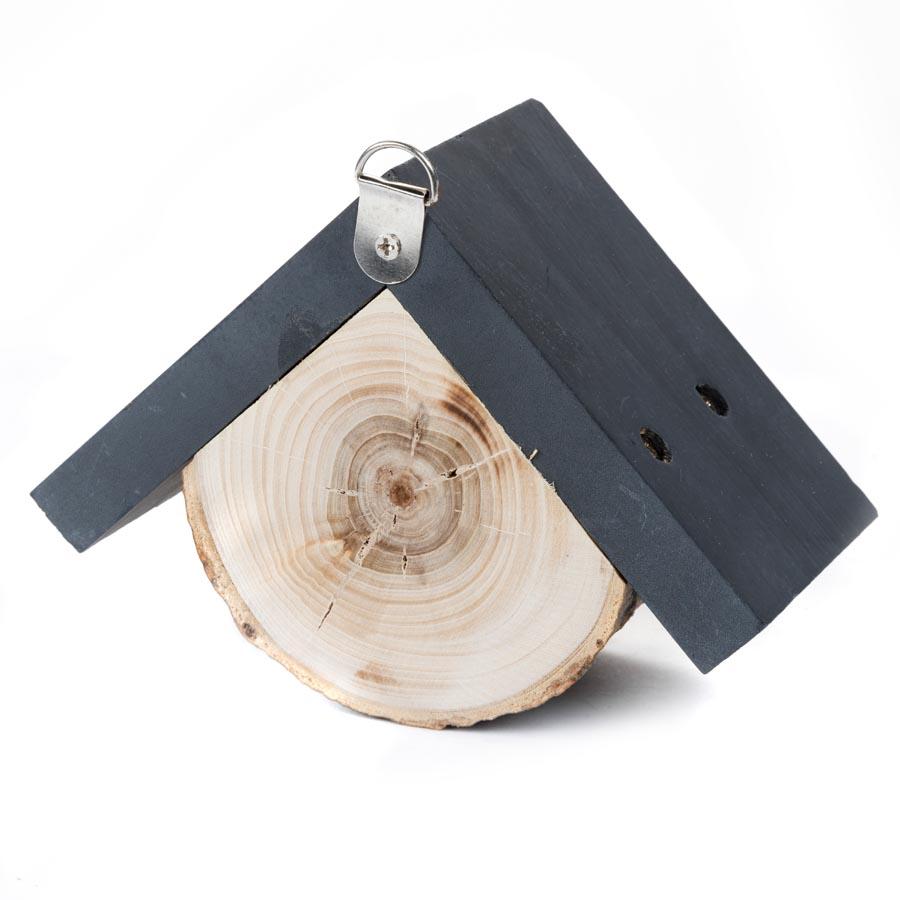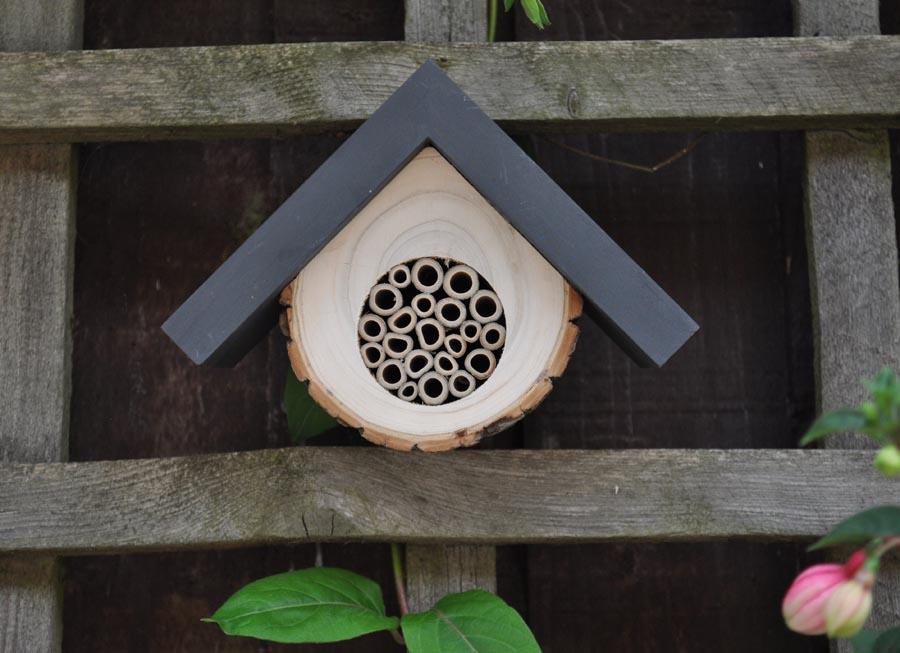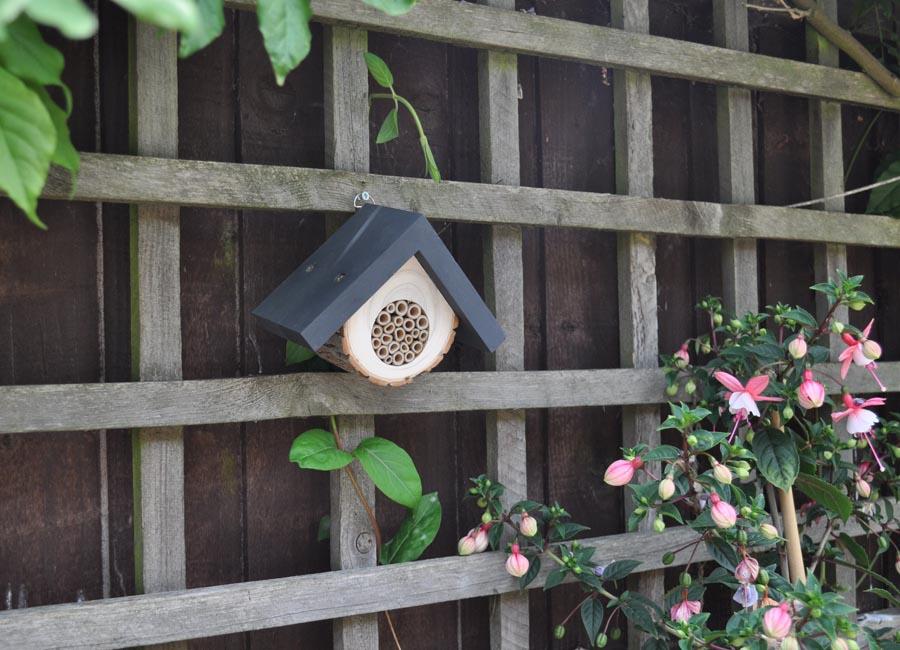The Honeycomb Solitary Bee Hive
The Honeycomb Solitary Bee Hive
Couldn't load pickup availability
Description
This charming honeycomb design beehive constructed in durable responsibly sourced cedar and bamboo. Attracting solitary bees to the garden is not only safe but beneficial to the pollination of flowers, fruit and vegetables.
The hole sizes are designed to attract non-swarming bees like the Red Mason Bee, Leafcutter Bee and other solitary bees. These friendly bees are productive and safe around children and pets. The bees are naturally attracted to holes in wood, and this solitary beehive provides a habitat that has become harder to find in modern gardens.
Size: Width 17cm, Depth 8cm, Height 12cm
Features
Sustainable materials: Made from responsibly sourced cedar and bamboo, this solitary beehive is bee-friendly, natural, and sourced sustainably.
Attractive design: A fantastic addition to any garden, the honeycomb design resembles the elaborate natural hives that bees create.
Attract friendly bees: This beehive has been designed to attract non-swarming bees only such as the Red Mason Bee and the Leafcutter Bee. These are perfectly safe species for pets and children to be around.
Why are bees important?
Did you know that bees and other pollinators are responsible for the pollination of nearly three quarters of the plants that produce 90% of the world’s food? A third of the world’s food production depends on bees!
If that’s not reason enough, bees are also responsible for the production of many seeds, nuts, berries, and fruit, which provide vital sources of food for wild animals.
Bees themselves are also part of the food chain. Many species of bird, including blackbirds and starlings prey on bees. Many spiders and insects also eat bees.
Bees are known for elaborate hives, but they also help build homes for millions of other insects and animals. Their role as pollinators is vital in the growth of tropical forests, savannah woodlands, and forests. Many tree species, like willows and poplars, couldn’t grow without pollinators like bees.
Even your own garden serves as a home for hundreds of tiny creatures, from birds and squirrels to thousands of tiny insects. If bees disappeared, the animals that depend on these plants for survival would vanish as well.
Oh, and honey!
